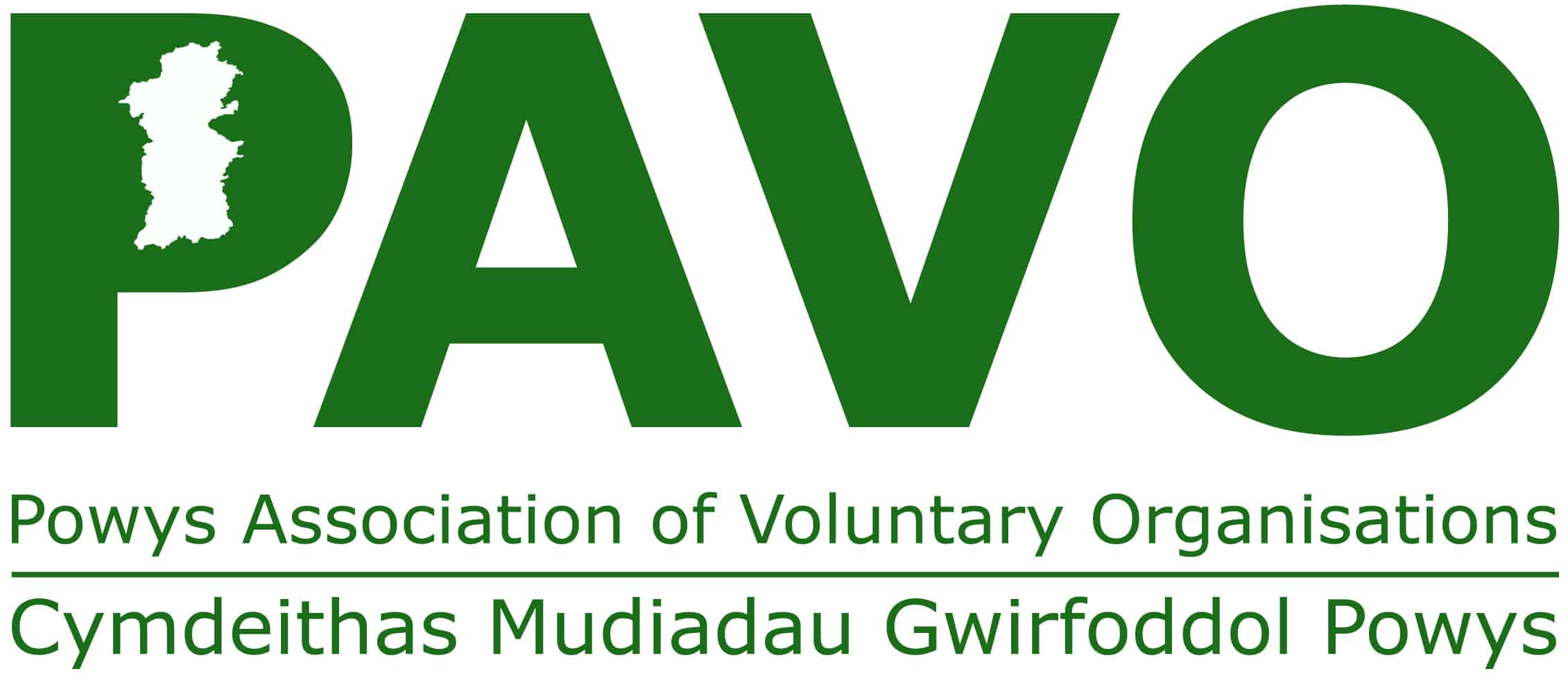THE TALISMAN CHARITABLE TRUST

Small grants, averaging £1,000, are available to UK local authorities, other charitable organisations or a not-for-profit organisations such as Citizens’ Advice on behalf of individuals facing hardship and poverty.
__________
o Application deadline: none – applications may be made at any time, following the guidance on the Trust’s website.
o Funder: The Talisman Charitable Trust Landscapes Trust (founded 1936. Charity number 207173. Total charitable expenditure during the year ended 5 April 2024: £342,310).
o Who can apply: UK local authorities, other charitable organisations or a non-profit organisation such as Citizens’ Advice. Individuals may also apply for a grant.
o Key words: Individuals, the Relief of Poverty, Education, Health, Housing, Disability, Disablement, United Kingdom.
___________
The Talisman Charitable Trust is an established grant-making charity, founded in 1936, shortly before the start of the Second World War. The Trust’s focus is on reducing poverty and hardship in the UK by assisting individuals of “small means” who the trustees consider to be deserving and may be described as “going short”. From time to time, the Trust also assists other charities with similar objectives to its own.
In general, the Trust considers the term “relief of poverty” to include grants for:
o Education.
o Health.
o Housing.
o Disablement, and/or
o Disability.
Applications should be made on behalf of individuals by a local authority, another charitable organisation or a non-profit organisation such as the Citizens’ Advice Bureau.
During the year ended 5th April 2024, the Trust received 1,179 (2023: 1,146) applications for assistance, from which grants totalling £286,423 (2023: £199,957) were made to 220 individuals and 14 charitable organisations (2023: 236 individuals and 6 charitable organisations).
This represents an average grant of £1,224 (2023: £826).
The trustees require applications to be made via a local authority/Citizens’ Advice, or via another charitable organisation. This helps the trustees to make an informed decision about the often complex range of difficulties that face its potential applicants.
Organisations should use letter-headed stationary, and should give a clear indication of the amount needed by the beneficiary as well as the organisation’s payment details (name of the applying organisation’s bank account for cheque payee line). As a minimum, all applications should include:
o The full name and address of the beneficiary – if this including all enclosures is fully anonymized and replaced by a unique code we may not require a consent form. please mark the front of your envelope “ANON”.
o An idea of their financial circumstances;
o A brief history of the case;
o An explanation of what is needed and the extent to which “poverty” is involved;
o An estimate of the funds required and payee details – remember that we usually prefer to pay the organisation supporting the application who will then oversee correct use of any grant, and
o A list of other charities approached (if any).
Applicants should complete and enclose the Consent Form provided on its website.
Further information, guidance and details on how to apply can be found on the Trust’s website.
